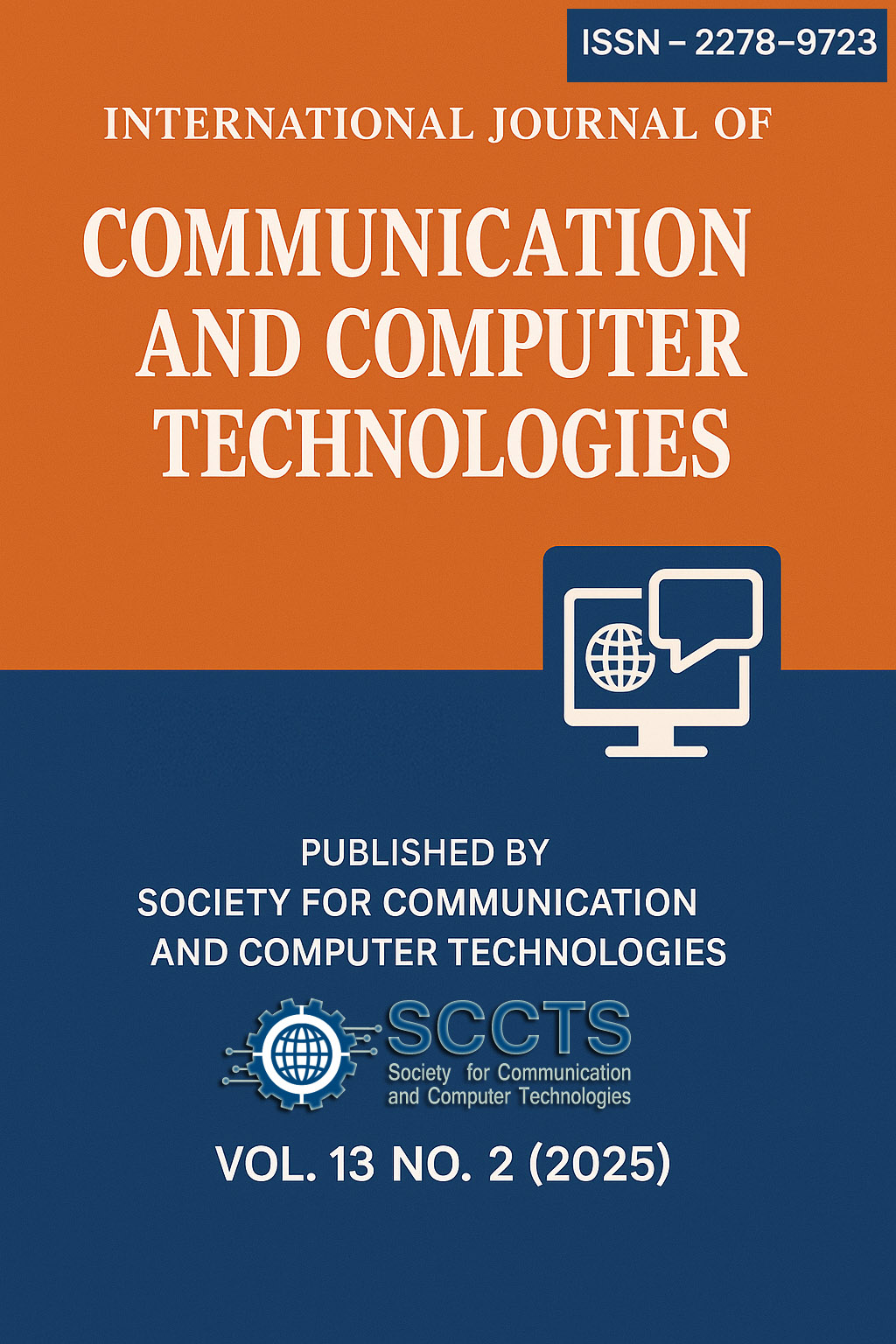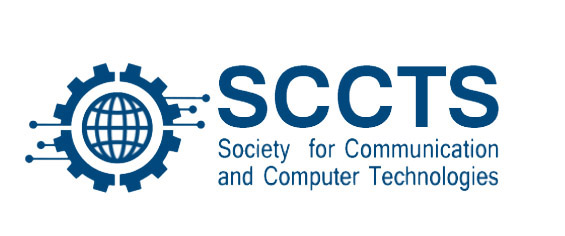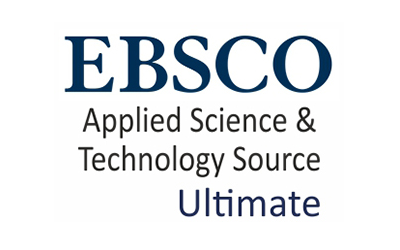Neuromile: A Continual Meta-Learning-Based AI Deployment Framework for Energy-Aware Personalized Inference at the Edge
DOI:
https://doi.org/10.31838/IJCCTS.13.01.03Keywords:
Continual Learning, Meta-Learning, Edge AI, Energy Efficiency, Personalized Inference, Federated Learning, Lightweight Models, On-Device Learning, Model Adaptation, IoTAbstract
NeuroMile is an alternatives-based, new AI architecture that combines continual learning, meta-learning, and dynamic energy optimization to perform real-time and accurate inference on markets and end gadgets. Engineered to address the resource limitation of embedded and wearable systems, the task-aware memory encoder and the adaptive-modulation of inference depth and quantization level, NeuroMile has been developed to support a modularized architecture. Such adaptations have dynamic contextual feedback, such as battery level, activity and complexity of task.
Relative evaluations in three edge-related benchmarks, PAMAP2 (human activity recognition), EdgeSpeech (voice command recognition), and CIFAR-100 (few-shot image classification) show that NeuroMile can reach 88.9% at 1.1W power consumption as opposed to the full-precision baseline of 89.6% accuracy at 2.8W power consumption. This shows a decrease of 60 percent of energy consumed with less than 1 percent loss of accuracy. Besides, NeuroMile can train much faster in terms of task-specific fine-tuning, with only 7.8s required compared to conventional meta-learning baselines, including MAML (10.3s) and FedAvg (18.1s).
These findings put NeuroMile as a feasible and smart edge inference architecture that trades-off among accuracy, energy-efficiency, and flexibility. It is applicable to mobile robotics, wearable health-monitors, as well as real-time IoT installations. The future work will consist of a federated learning to enable edge adaptation to be secretive and reinforcement learning-based self-optimizing edge control policies to further enlarge the sustainability and personalization aspect in this Computational model.
Downloads
Published
How to Cite
Issue
Section
License
Copyright (c) 2025 International Journal of communication and computer Technologies

This work is licensed under a Creative Commons Attribution-NonCommercial-ShareAlike 4.0 International License.









 The articles in Worldwide Medicine are open access articles licensed under the terms of the
The articles in Worldwide Medicine are open access articles licensed under the terms of the 